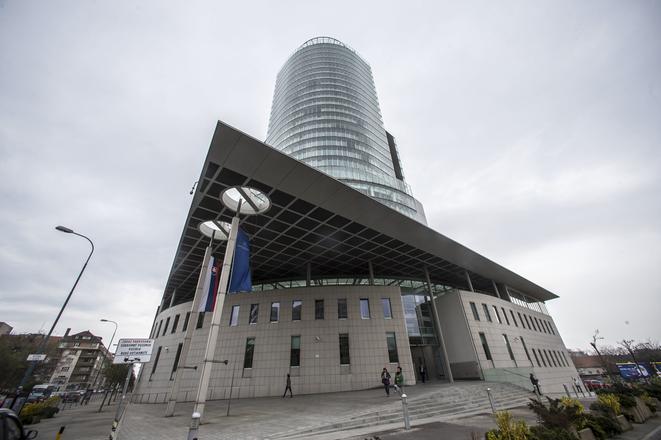Slovakia’s central bank has carried out inspections at non-banking firms since 2015, when stricter rules for their supervision came into force, and has revealed several violations of the law. The companies, meanwhile, have reported a drop in loans and complain about non-systemic changes to the regulations, the TASR newswire reported.
The National Bank of Slovakia (NBS) calculated that it has revealed some 300 violations of the new rules, which also include the duty for non-banking firms to have licence for their business, since 2015.
“Nearly all have rectified the flaws,” said NBS spokesperson Martina Solčányiová, as quoted by TASR.
When checking the non-banking companies, NBS uses also the so-called mystery shopping method, keeping a secret identity when inspecting firms.
“We have used this method when supervising not only non-banking creditors, but also banks, insurers and financial agents,” Solčányiová said, as quoted by TASR.
Except for having a licence, the non-banking companies had to adjust to several other changes to the law that have been adopted since 2015. To improve the market stability, and also the protection of clients, the parliament passed stricter rules for verifying the solvency of clients, observing the limits and rules on the maximum due date and ways of repaying consumer loans, as well as rules for providing consumer loans via financial agents.
The Association of Consumer Loans Providers (APSÚ) claims, however, that the changes have resulted in a significant drop in the volume of new loans provided last year.
“This decrease in the volume was caused by non-systemic changes to regulation that were prepared by the MPs without any analysis of their impact on ordinary people and without any discussion with the market,” executive secretary of APSÚ Ivan Kahanec said, as quoted by TASR.
This includes stricter caps on interest rates or a ban on additional services, he added.
Apart from bigger consumer loans, which were mostly used as supplementary financing of mortgages, the number of new loans in some segments was as high as 50 percent, Kahanec continued.
“The whole market, i.e. non-banking creditors and also banks, recorded a drop by dozens of percent in some segments,” Kahanec said, as quoted by TASR, adding that this concerns smaller loans with a shorter due date. “This represents a decrease by €100-120 million in 2016 compared with 2015.”
On the other hand, APSÚ welcomes the introduction of licences, claiming that the regulation was properly discussed with the NBS and the Finance Ministry.
As for the other changes, the association had warned of regulations forcing people to opt for the “black zone of the market”. The number of credit offers without proof of income or information about creditors has increased, according to APSÚ.
“In this case it is often fraudulent, which is proven by the experiences of deceived people,” Kahanec said, as quoted by TASR.



 The National Bank of Slovakia (source: Sme)
The National Bank of Slovakia (source: Sme)